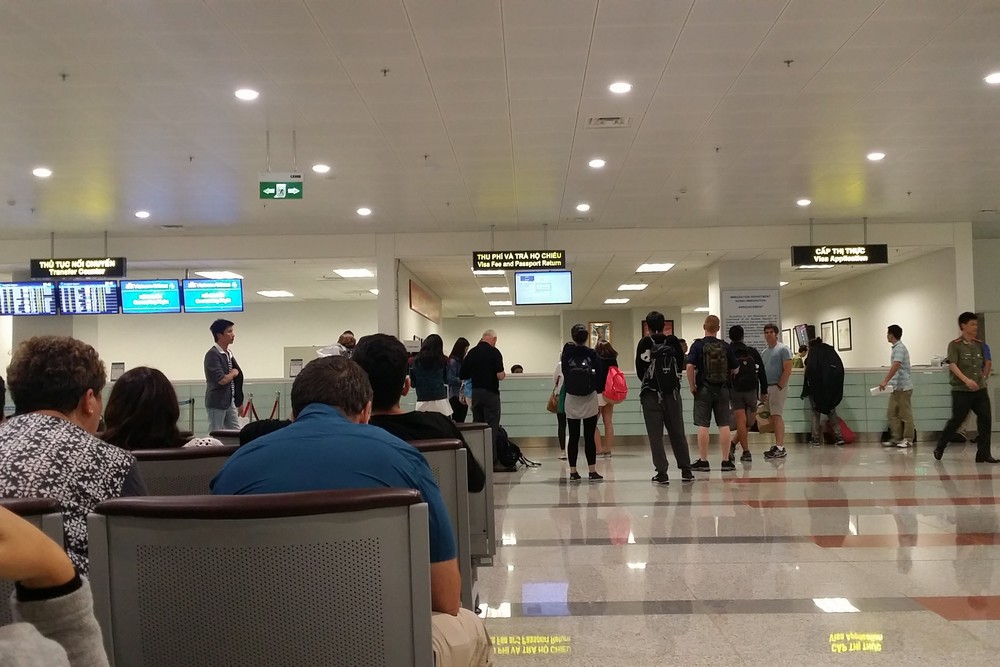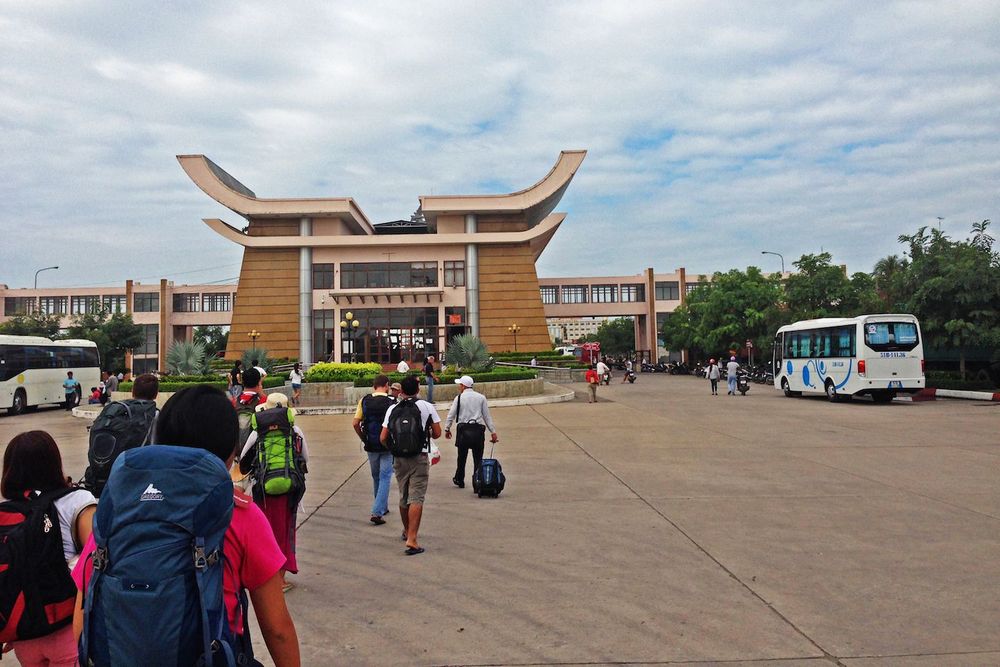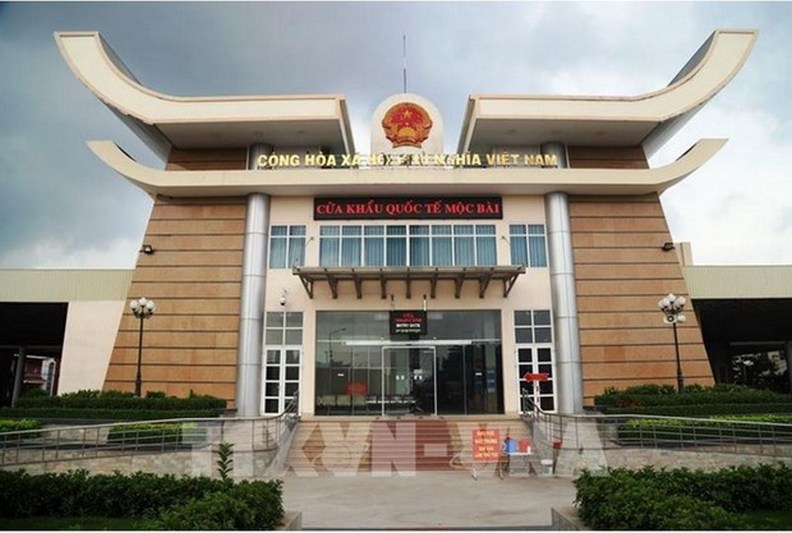Denied Entry to Vietnam: Reasons, Consequences, and Appeal Process
Traveling to Vietnam can be an exciting and rewarding experience, with its stunning landscapes, rich culture, and welcoming people. However, like many countries, Vietnam has stringent immigration policies and entry requirements. While most visitors are granted entry without incident, some unfortunate travelers find themselves in the situation of being denied entry at the border. This comprehensive article explores the common reasons for denial, the consequences of such a situation, the appeal process, and the legal rights involved.
Common Reasons for Being Denied Entry to Vietnam
The Vietnamese authorities have the right to deny entry to any individual whom they deem a threat to national security, public order, or public health. Here are some of the most common reasons for being denied entry:
1. Invalid or Incomplete Travel Documents
One of the primary reasons for denial of entry is having invalid or incomplete travel documents. This includes passports that are expired, damaged, or do not meet the required validity period. Ensure that your passport is valid for at least 6 months beyond your planned stay and contains at least two blank pages.
2. Lack of a Valid Visa
Vietnam requires most foreign nationals to obtain a visa before arrival. Failure to possess a valid visa is a significant reason for denial of entry. It is essential to research the visa requirements and obtain the necessary documentation before your trip.
3. Insufficient Funds
Vietnamese immigration officials may request proof of sufficient funds to cover your stay in the country. Demonstrating that you have adequate financial resources can be crucial in gaining entry.
4. Lack of Confirmed Accommodation
Presenting a booked hotel or other confirmed accommodation is often required upon arrival in Vietnam. Lacking this documentation can raise concerns for the immigration authorities.
5. Misinformation or Inconsistencies in Travel Documents
Discrepancies in the information provided on visa applications, travel itineraries, or other documents can raise red flags and lead to denial of entry.
6. Criminal Record
Individuals with a criminal record, particularly those involving drug offenses, may be denied entry to Vietnam due to concerns about public safety and security.
7. Health Concerns
Travelers with contagious diseases or health conditions that may pose a risk to public health might be denied entry to Vietnam.
8. Suspicious Activities
Engaging in activities deemed suspicious by the immigration authorities, such as political activism or unauthorized work, could result in denial of entry.
Consequences of Being Denied Entry to Vietnam
Being denied entry can have significant consequences, both practical and emotional:
Missed Travel Plans
The immediate impact of being denied entry is the cancellation of your trip, disrupting your itinerary and potentially resulting in the loss of non-refundable bookings.
Flight and Accommodation Expenses
You may be responsible for the cost of returning to your origin country or a third country, as well as any unused accommodation or transportation expenses.
Emotional Distress
The experience of being denied entry can be emotionally draining and perplexing, leaving travelers feeling frustrated and uncertain.
Blacklisting
In some cases, being denied entry could result in being blacklisted by the Vietnamese authorities, potentially preventing future entry attempts.
Appealing a Denial of Entry to Vietnam
While the decision of an immigration officer is usually final, there are limited avenues for appeal:
Requesting a Review at the Airport
You have the right to request an explanation for the denial and may request a review by a senior immigration officer. However, this is often a formality with little chance of success.
Contacting the Vietnamese Embassy or Consulate in Your Home Country
You can reach out to the Vietnamese diplomatic mission in your home country to inquire about possible appeal procedures.
Seeking Legal Assistance
If you believe you were denied entry unjustly, you might consider consulting a legal professional specializing in immigration law. They can provide guidance on potential legal remedies.
Legal Rights When Denied Entry to Vietnam
When denied entry to Vietnam, you have several legal rights:
Right to Explanation
The immigration officer is obligated to provide you with a concise explanation for the denial.
Right to Contact Your Embassy or Consulate
You have the right to contact your country’s embassy or consulate in Vietnam for assistance.
Right to Remain Silent
You don’t have to answer any questions that may incriminate you or could be used against you.
Vietnam Visa Requirements and Entry Regulations
Understanding the visa requirements and entry regulations for Vietnam is crucial to avoiding denial of entry. Vietnam requires most foreign nationals to obtain a visa before arrival, with a few exceptions. The types of visas available include tourist, business, work, and family visas, each with its own specific requirements.
It’s important to research the latest visa requirements and application procedures, as they may change over time. Ensuring that you have the correct visa and that your travel documents are in order can significantly reduce the risk of being denied entry.
Steps to Take If Denied Entry to Vietnam
If you find yourself in the unfortunate situation of being denied entry to Vietnam, here are the steps you should take:
- Remain calm and polite: Engaging in confrontational behavior is unlikely to improve the situation and may even worsen it.
- Request a clear explanation: Exercise your right to receive a concise explanation for the denial from the immigration officer.
- Contact your embassy or consulate: Reach out to your country’s diplomatic mission in Vietnam for assistance and guidance on the appeal process.
- Consider legal options: If you believe the denial was unjustified, consult an immigration lawyer who can advise you on potential legal remedies.
- Arrange for your return: Ensure you have the necessary arrangements, including transportation and accommodation, to return to your origin country or a third country.
Travel Restrictions in Vietnam
In addition to the entry requirements, it’s essential to be aware of any travel restrictions within Vietnam. Some areas of the country may have specific regulations or require special permits for foreign nationals to visit. Familiarize yourself with these restrictions to avoid any issues during your stay.
Understanding Vietnamese Immigration Policies
Navigating the Vietnamese immigration system requires a clear understanding of the country’s policies and procedures. Staying informed about the latest requirements, changes in regulations, and common reasons for denial can help you better prepare for a smooth entry experience.
Seeking Assistance When Denied Entry to Vietnam
If you are denied entry to Vietnam, don’t hesitate to seek assistance. Your embassy or consulate can provide valuable guidance and support, and in some cases, may be able to intervene on your behalf. Additionally, consulting an experienced immigration lawyer can help you explore legal options and navigate the appeal process.
Tips for Smooth Entry into Vietnam
To ensure a hassle-free entry into Vietnam, consider the following tips:
- Thoroughly research and comply with all visa requirements.
- Double-check your passport validity and ensure it meets the necessary criteria.
- Prepare and submit accurate and complete travel documentation.
- Demonstrate sufficient funds and confirmed accommodation.
- Avoid engaging in any activities that may be deemed suspicious by the authorities.
- Be cooperative and polite when interacting with immigration officials.
Being denied entry to Vietnam can be a frustrating and stressful experience, but understanding the reasons, consequences, and available appeal processes can help you navigate the situation more effectively. By being aware of the entry requirements, your legal rights, and the steps to take if denied, you can better prepare for a smooth and successful travel experience in Vietnam.




